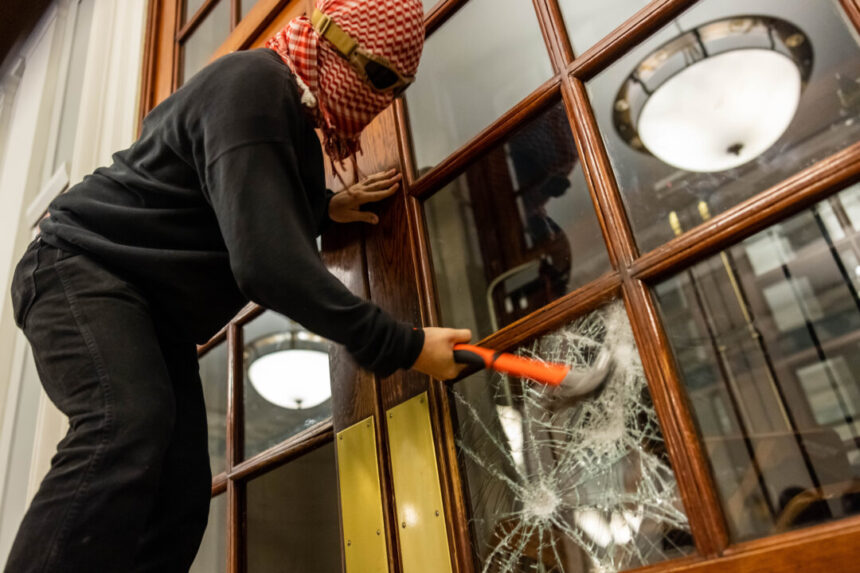When it comes to dismantling the breeding grounds of radicalism on university campuses, the actions taken by university presidents are crucial.
Commentary
Pro-Palestinian groups on campus often create “encampments” where they can gather to listen to radical speakers, make demands to administrators, and engage in chants. The allure of rebellion and danger in these encampments can be enticing to young and impressionable students, drawing them into the fight against perceived injustices like Jewish imperialism.
For the organizers of these encampments, the goal may be to radicalize students to the point of arrest or expulsion from school, as this can pull them deeper into the world of radical politics and violence. University administrators must not allow these encampments to remain standing.
However, the approach to dismantling these radical hubs varies depending on the political climate of the region. In conservative areas like Texas, sending in law enforcement to clear out the encampments may be necessary and justified.
On the other hand, in more progressive areas like New York and Los Angeles, a hands-off approach may be more effective. Ignoring these encampments can lead to their eventual demise as they lose relevance and support, causing activists to resort to more extreme measures that may alienate the community.
One strategic approach, exemplified by University of Chicago President Edward Levi in 1968, involved isolating and ignoring student radicals until they resorted to destructive actions that turned public opinion against them, allowing for their removal and expulsion.
Current university presidents, like Columbia’s Minouche Shafik, may face criticism for their handling of campus protests, but exercising prudence and patience in politically charged environments is crucial to maintaining order and discipline.
As tensions continue to simmer on campuses across the country, it is clear that the fight against radicalism and extremism is far from over. The complex motivations behind these protests, whether rooted in anti-Israel sentiments or broader anti-Western ideologies, suggest that this battle will be ongoing and potentially escalate into a long and tumultuous period.
Views expressed in this article are opinions of the author and do not necessarily reflect the views of The Epoch Times.
Please rewrite this sentence.
Source link






